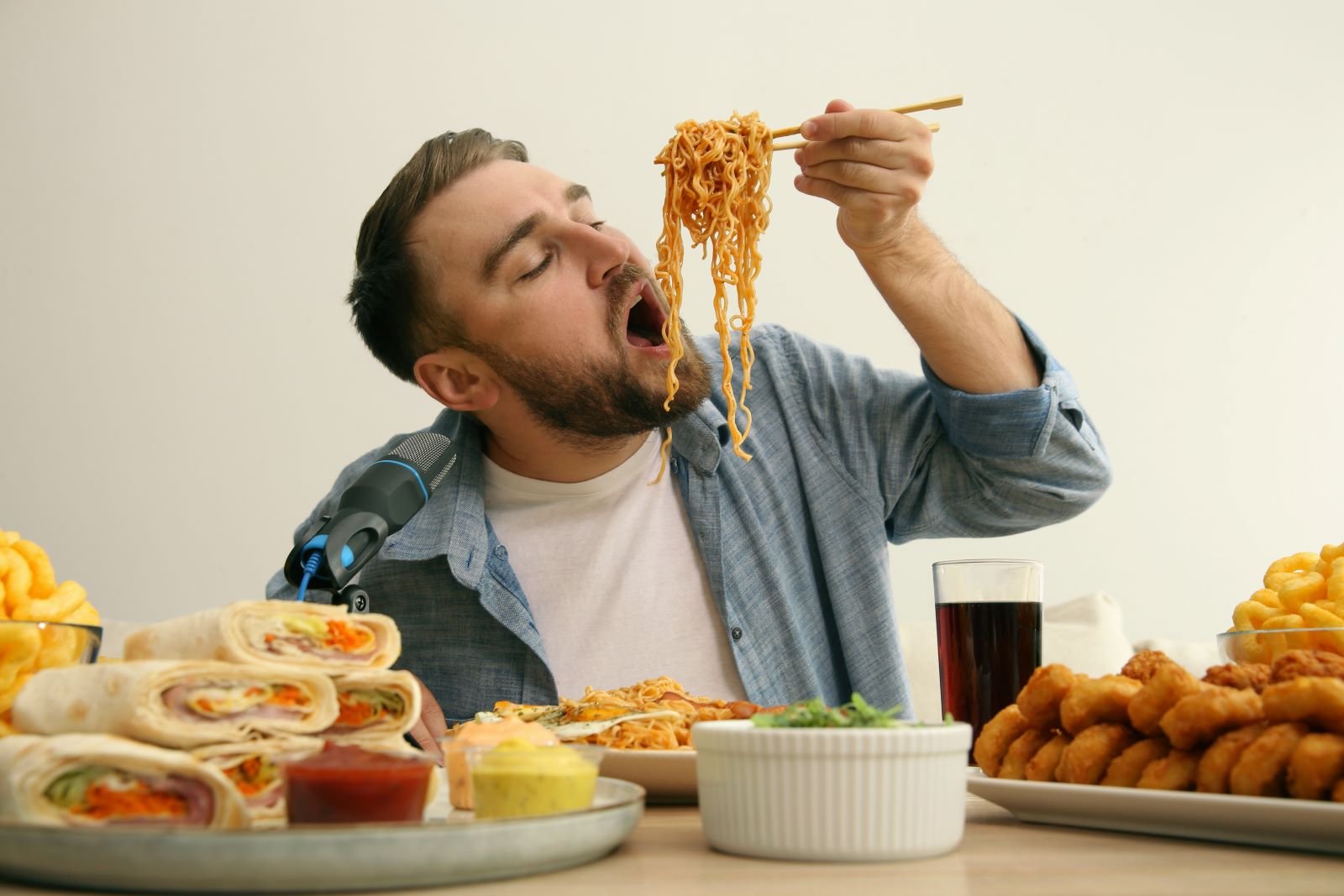Many Americans struggle with hidden addictions that they are too afraid to share due to stigma, shame, or misunderstanding. From compulsive shopping to social media obsession, here are 13 addictions that Americans commonly keep in the shadows.
Alcohol

Alcohol addiction, or alcohol use disorder (AUD) contributes to around 99,000 deaths in 2019 -20. It also has severe mental health repercussions, often co-occurring with depression and anxiety, exacerbating psychiatric symptoms.
Drug

Drug addiction, or substance use disorder (SUD), affects millions of Americans, posing severe health risks like respiratory depression, heart attacks, anxiety disorders and mental health disorders.
The social impact includes strained relationships, job loss, financial difficulties, and legal issues, costing the U.S. economy over $740 billion annually. The opioid crisis, with nearly 70,029 in 2020 to 80,816 overdose deaths involving opioids, highlights the urgent need for effective treatment combining medication, therapy, and support.
Shopping

According to a study, approximately 5.8% of adults in the U.S. suffer from compulsive buying disorder. This addiction can lead to financial distress, relationship problems, and a cycle of guilt and shame.
Credit card debt is a common consequence, with the average American carrying a balance of $6,194, according to Experian. The ease of online shopping has only exacerbated this issue, making it easier to make impulsive purchases at any time of the day.
Social Media

Conservative estimates indicate that about 10 percent of the American population is addicted to social media, equating to approximately 33.19 million people based on 2021 population figures. A study by the University of Pennsylvania found that reducing social media usage to 30 minutes per day significantly reduced feelings of loneliness and depression. Despite these negative effects, many find it difficult to disconnect due to the fear of missing out (FOMO).
Food

Food addiction, particularly to high-sugar and high-fat foods, affects millions. Nearly 70 million people in America have a food addiction. This can lead to obesity, diabetes, and heart disease, among other health issues.
The American Psychological Association links this addiction to the release of dopamine, a feel-good neurotransmitter, which reinforces the cycle of overeating. Fast food consumption, which is high in sugars and fats, has been on the rise, contributing to this growing problem.
Work

Around 10% of Americans work 50 or more hours per week, often at the expense of their health and personal life. This addiction can cause burnout, stress, and significant impacts on mental health.
The American Institute of Stress notes that job stress costs U.S. businesses up to $300 billion annually due to absenteeism, turnover, and decreased productivity. Workaholics often neglect self-care, leading to a higher risk of chronic illnesses such as hypertension and diabetes.
Internet

Internet addiction encompasses everything from endless browsing to excessive gaming. Studies suggest that between 1.5 – 8.2% of the population suffers from internet addiction. This can interfere with daily life, reduce social interactions, and negatively affect mental health. The average American spends about 6 hours and 42 minutes online each day, with a significant portion of this time being unproductive. Internet addiction can lead to sleep disturbances, reduced physical activity, and even carpal tunnel syndrome from prolonged computer use.
Exercise

Approximately 3% of the general population struggles with exercise addiction. This addiction can lead to physical injuries, social isolation, and mental health issues like anxiety and depression. The Journal of Behavioral Addictions reports that those with exercise addiction often suffer from body image issues and may also have other eating disorders. Overtraining can lead to severe physical problems such as stress fractures, heart problems, and weakened immune systems.
Gambling

the woman plays for the slot machine
Gambling addiction affects about 1 – 3% of Americans, according to the National Council on Problem Gambling. This addiction can devastate finances, ruin relationships, and lead to severe emotional distress. The accessibility of online gambling platforms has made it easier for individuals to gamble discreetly, exacerbating the problem. Gambling addiction often co-occurs with other mental health disorders, such as depression and anxiety, making recovery more complex.
Pornography

Pornography addiction is another taboo subject. It is estimated that around 3-6% of the U.S. population suffers from it. This addiction can lead to relationship issues, reduced satisfaction in real-life sexual encounters, and emotional problems. Excessive consumption of pornography can alter brain chemistry, similar to substance addiction, by triggering the release of dopamine. This can lead to desensitization, where individuals require more extreme content to achieve the same level of arousal.
Video Game

Video game addiction affects both children and adults. The American Psychological Association reports that around 3 and 8.5% of gamers in the US have an addiction. This can result in neglect of personal responsibilities, poor academic or job performance, and social isolation. The World Health Organization has recognized gaming disorder as a mental health condition. Excessive gaming can lead to physical health issues such as eye strain, sleep disturbances, and a sedentary lifestyle, which increases the risk of obesity and cardiovascular diseases.
Sugar

Sugar addiction is prevalent in the American diet. Excessive sugar consumption can lead to numerous health problems, including obesity, type 2 diabetes, and heart disease. The average American consumes about 77 grams of sugar per day, far exceeding the recommended amount. Sugar addiction is driven by its impact on the brain’s reward system, similar to addictive drugs. High sugar intake is also linked to increased risks of depression and anxiety, creating a vicious cycle of consumption and mood swings.
Caffeine

Caffeine addiction is common, with many relying on coffee or energy drinks to get through the day. While moderate caffeine consumption is safe, overuse can lead to anxiety, insomnia, and digestive issues. The average American drinks about 3 cups of coffee daily, indicating a widespread dependency. Caffeine withdrawal can cause headaches, irritability, and fatigue, making it difficult for individuals to reduce their intake. Excessive caffeine consumption is also linked to increased heart rate and blood pressure, posing risks to cardiovascular health.


